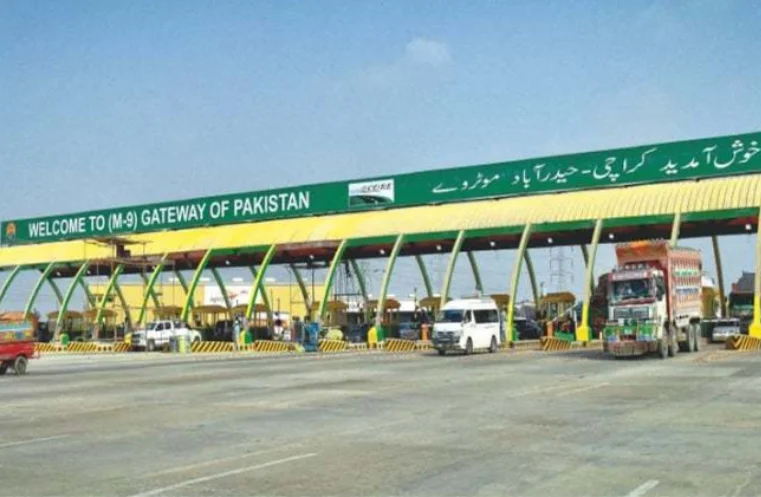Islamabad, Feb 1: The National Highway Authority (NHA) will impose a 25% surcharge on toll fees for vehicles without an M-Tag or those opting for cash payments. This decision aims to fully integrate a 100% M-Tag system across all motorways in Pakistan, streamlining toll collection and improving traffic management. The additional surcharge will be calculated on top of the standard toll fees, with a minimum extra charge of Rs. 50.
The NHA Directorate of Revenue (Finance Wing) issued an official notification to ensure smooth implementation. They also instructed their departments to widely circulate this notification, ensuring motorists are fully informed. To avoid the surcharge, the NHA strongly encourages all vehicle owners to install M-Tags in their vehicles before the new policy comes into effect.
This step is part of the NHA’s broader strategy to modernize toll collection, reduce delays at toll booths, and promote a seamless travel experience for road users. The M-Tag system enables automatic toll deduction, offering convenience to drivers while also reducing congestion and the need for manual toll collection. 
Read More:
Petrol Prices in Pakistan: February 2025 Update
In addition to this, the Punjab government has introduced stricter guidelines for obtaining an M-Tag. Vehicle owners must now provide essential documents, including a valid fitness certificate, registration book, and driver’s license. This ensures that only vehicles meeting the required standards are issued an M-Tag, further enhancing safety and compliance on the motorways.
With the rising popularity of the M-Tag system, this policy shift marks a significant step in Pakistan’s efforts to modernize its road infrastructure and reduce congestion. Vehicle owners are urged to take immediate action and equip their vehicles with the M-Tag to avoid paying higher toll fees. The NHA is committed to making travel more efficient, and motorists are encouraged to stay updated on the new rules via the NHA website.
By embracing the M-Tag system, drivers not only benefit from hassle-free travel but also contribute to a more efficient and safer transportation network across the country.



